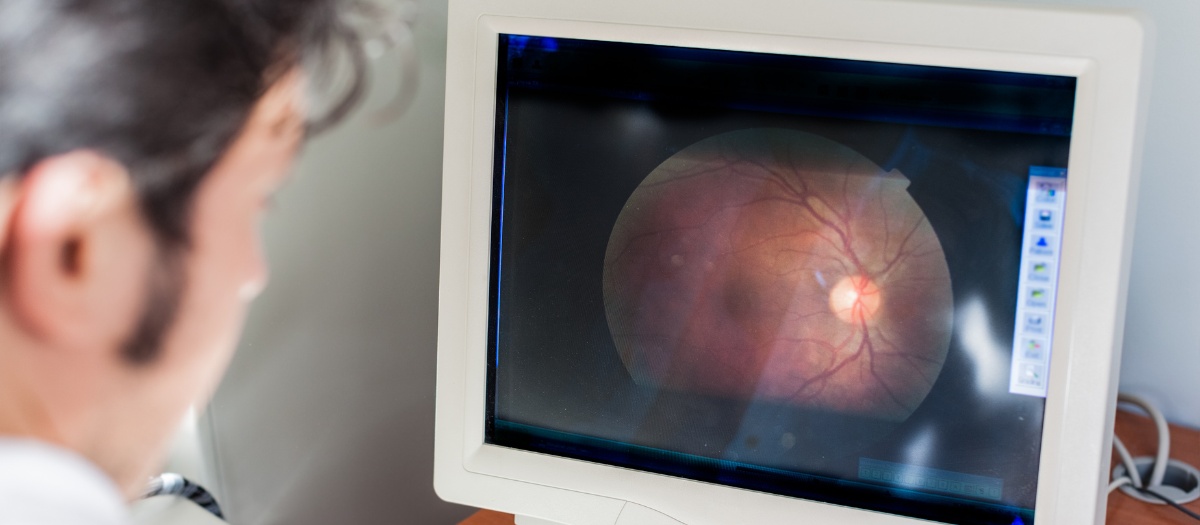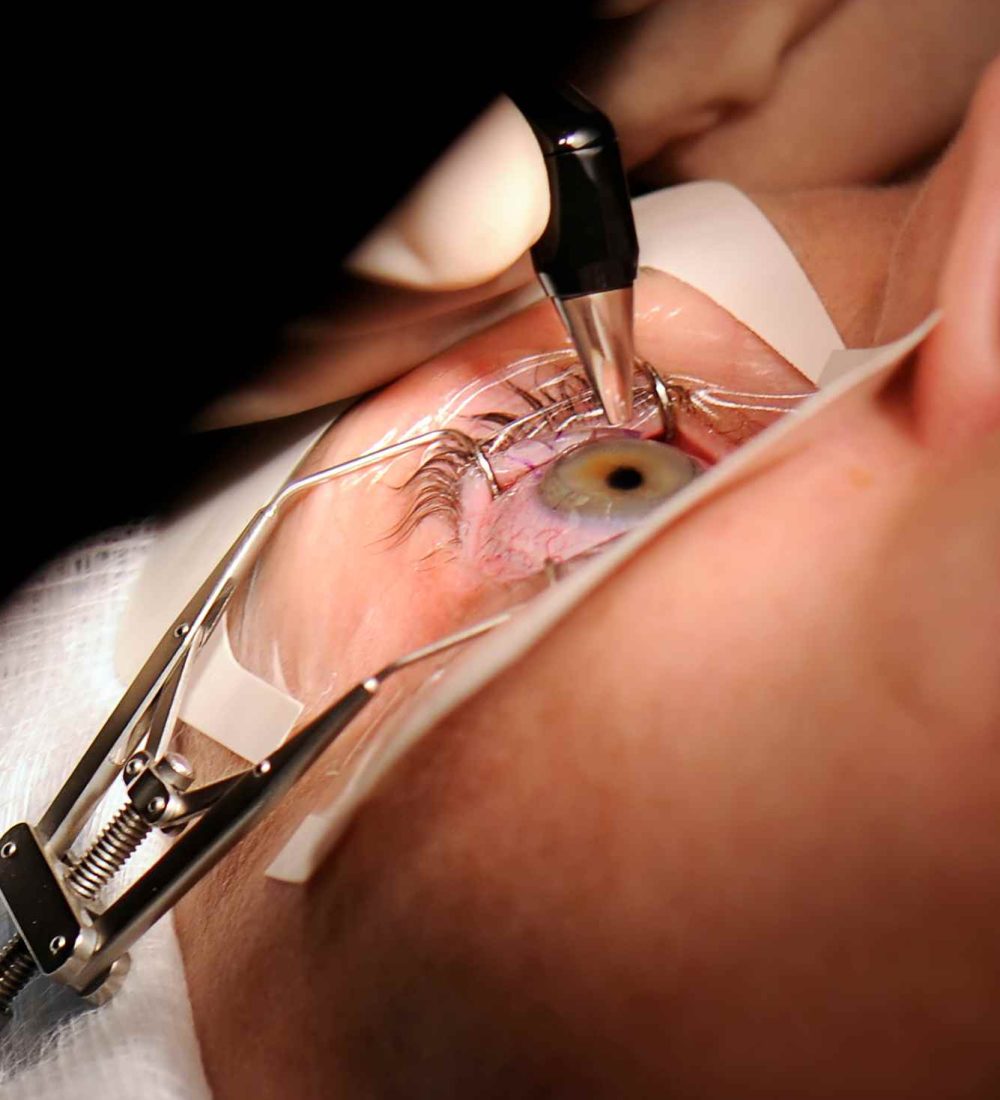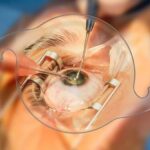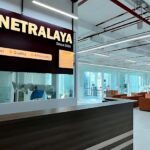Isha Netralaya | Best Eye Hospital in Maharashtra | Eye Specialist
Hypertensive Retinopathy Treatment: Options and Solutions
admin
02/01/2025

Hypertensive retinopathy is a condition resulting from prolonged high blood pressure, or hypertension, that damages the blood vessels in the retina, the light-sensitive tissue at the back of the eye. It is one of the common complications of hypertension that may lead to vision impairment or even blindness if not properly managed. The good news is that hypertensive retinopathy is treatable, especially when detected early. In this blog, we will be discussing the various treatment options and solutions available for hypertensive retinopathy. How seeking care from specialists at Isha Netralaya can help you maintain healthy vision.
What Is Hypertensive Retinopathy?
Hypertensive retinopathy is caused by high blood pressure that exerts undue pressure on the small blood vessels within the retina, causing them to thicken, narrow, or leak. This usually affects the retina’s ability to receive oxygen and nutrients, thus disabling its function. If this condition is not treated early, it may lead to blurred vision, sudden vision loss, or other more serious complications.
The classification of hypertensive retinopathy is divided into four stages:
1.Mild: Small alterations in the retinal blood vessels, such as narrowing.
2.Moderate: Noticeable narrowing and changes in the retinal blood vessels.
3.Severe: Extreme damage to the retina, characterized by swelling and hemorrhages.
4.Malignant: The final stage, where the damage to the retina is severe, and it is often accompanied by sudden vision loss.
Since hypertensive retinopathy may not show obvious symptoms in the early stages, regular eye exams are crucial, especially for those who have high blood pressure.
Treatment Options for Hypertensive Retinopathy
Treatment for hypertensive retinopathy is mainly aimed at controlling high blood pressure to prevent further damage to the retina. There are also several treatments available to target the specific effects of the condition on the eye. Here’s an overview of the most common treatments.
1. Blood Pressure Management
The cornerstone of treating hypertensive retinopathy is managing high blood pressure. By reducing blood pressure to normal levels, you can stop further damage to the retinal blood vessels and prevent the condition from progressing. This may involve lifestyle changes, medication, or a combination of both:
- Medications: Doctors may prescribe antihypertensive drugs to help lower blood pressure. These medications could include diuretics, ACE inhibitors, beta-blockers, calcium channel blockers, or other classes of drugs.
- Lifestyle Changes: Eating a healthy diet low in salt, increasing physical activity, maintaining a healthy weight, limiting alcohol consumption, and quitting smoking are essential steps to managing hypertension.
•Regular Monitoring: For hypertensive retinopathy, individuals must monitor their blood pressure frequently to ensure that their rea
2. Laser Treatment
If the hypertensive retinopathy has advanced to a more severe stage with leaking fluid into the retina via blood vessels, laser treatment becomes necessary. The procedure used is called laser photocoagulation, which involves using a laser to target and seal the leaking blood vessels in the retina. This helps avoid further vision loss and swelling.
Laser treatment is particularly useful in cases where there is macular edema, that means swelling of the retina. Fluid leakage can be stopped to stabilize the condition. Nevertheless, this treatment is usually only effective on symptoms of hypertensive retinopathy and not directly on the high blood pressure.

Isha Netralaya: We have experienced ophthalmologists who specialize in the use of advanced laser techniques for hypertensive retinopathy treatment. Our state-of-the-art facility makes sure you receive the best care to protect your vision.
3. Anti-VEGF Injections
Anti-VEGF (vascular endothelial growth factor) injections are given for retinal conditions such as hypertensive retinopathy that cause fluid leakage and swelling. The injection will help to block signals that encourage the growth of abnormal blood vessels, preventing further fluid accumulation and limiting retinal damage.
Anti-VEGF therapy is mostly done to patients who suffer from macular edema as a symptom of hypertensive retinopathy. Such injections may be directly given in the eye and usually need to be repeated with the passage of time because of the seriousness of this condition.
4. Vitrectomy Surgery
If there is a severe destruction of the retina, caused either by retinal hemorrhage or scar tissue development, an actual surgical operation known as a vitrectomy needs to be performed. This would involve extraction of the ophthalmologists by the gel from within the eye coupled with that blood and any scar tissues, which accumulated. Subsequently, better access toward the retina helps restore eyesight through clearing out all such obstructions.
While vitrectomy is a more invasive treatment, in the case of hypertensive patients with advanced retinopathy who have significant visual impairment it is effective
5. Monitoring and Regular Eye Exams
Early stages of hypertensive retinopathy should be treated by controlling blood pressure. The patient’s condition needs to be monitored. A person suffering from hypertension is advisable to get a complete eye exam every year. An ophthalmologist will check whether the retina has undergone changes, which could be the initial sign of hypertensive retinopathy.
We emphasize the importance of early detection in Isha Netralaya with routine eye checkups. This would help in early diagnosis with even the smallest symptoms of hypertensive retinopathy and give room for early intervention to avoid bad outcomes.
6. Management of Other Illnesses
Hypertensive retinopathy often presents with other health issues like diabetes and kidney disease. Their control is essential to avoid worsening the condition of the eyes. For instance, regulation of blood sugar levels in diabetic patients decreases the chances of developing diabetic retinopathy that could worsen hypertensive retinopathy. Secondly, treating kidney disease enhances blood pressure control in general.
The best way to prevent hypertensive retinopathy is proper management of blood pressure. In case you have high blood pressure, controlling it as much as possible will reduce the risk of developing retinopathy.
- Keep monitoring your blood pressure and within the normal limits.
- Consume heart-healthy diets with enough fruits, vegetables, whole grains, and lean proteins.
- Be physically active, which ensures proper circulation and heart health.
- Adhere to prescribed medications according to your doctor’s prescription so that hypertension is controlled.
Conclusion
Hypertensive retinopathy is such a serious condition that, if not taken care of properly, could lead to permanent loss of vision. The key is early detection, effective control of blood pressure, and timely intervention. At Isha Netralaya, we are committed to personalizing care and treatment for hypertensive retinopathy to protect your vision. If you are worried about your eye health or have high blood pressure, schedule an eye exam with our specialists today and take the first step toward safeguarding your vision for the future.
Emergency Call
As one of the leading eye hospitals in the heart of Thane, we take pride in our expertise in treating a varied range of eye problems.





